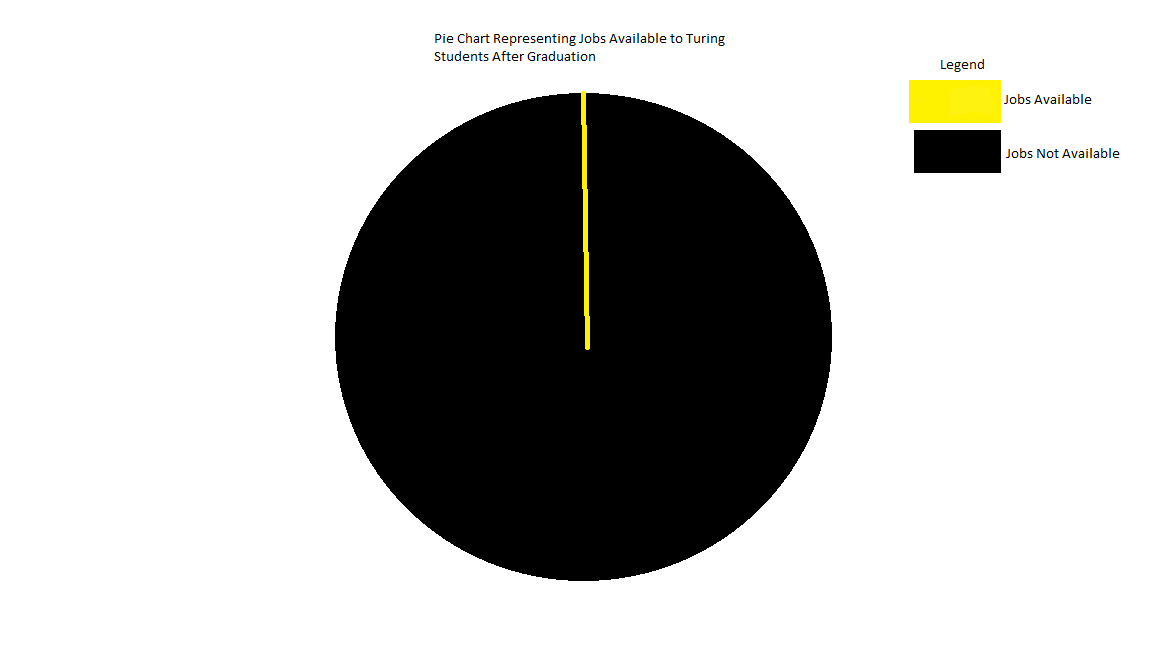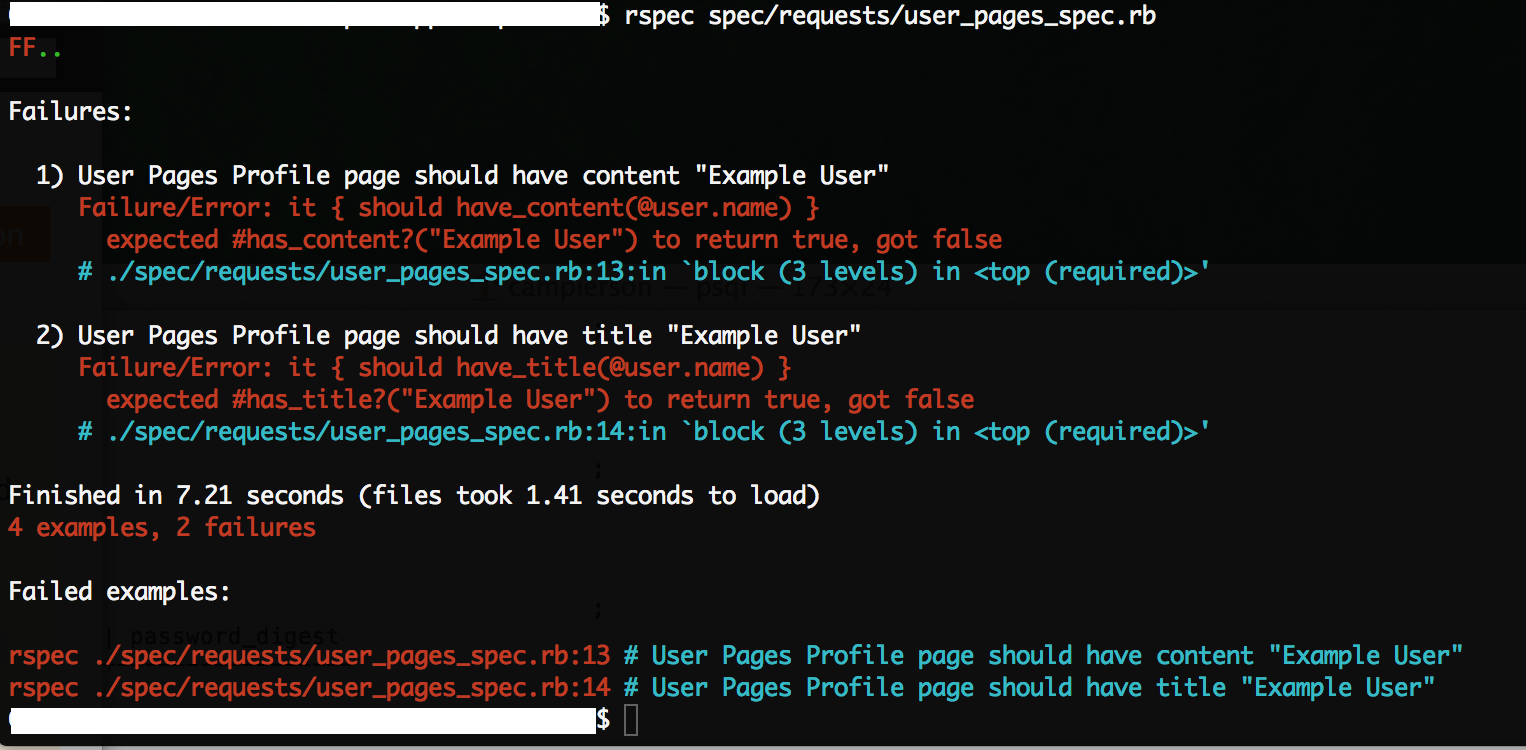Putting Failure to Work
A Turing alum and instructor shares what his failures taught him and how he put it to work.

In August of 2017, I enrolled in Turing School.
In March of 2018, I accepted my first job as a Software Engineer.
January 7, 2019, I officially began work as a TA for Turing.
February 26, 2019, I led my first online session for the Mod 0 program at Turing.
I’m in a position to not only succeed personally, but advocate, innovate, and accelerate the success of others.
Failure, is the reason I achieved my goal of becoming a software engineer — the kind that gets paid to write code — and later my goal of working for the school that molded me. The school that gave me so much.
Grappling with failure, embracing failure, and now seeking out failure.
This approach has allowed me to grow into the person I imagined back in the summer of 2017. Truthfully, I had imagined it for a few years, but I had remained stagnant.
Remaining idle is the only failure I will ever regret.
I had no idea that failure would become the catalyst of my success. Failure in motion has propelled me to a place where I feel empowered. I feel able. I feel unstoppable.
I’ll explain how failure and I changed our relationship and became partners in growth.
The people around me for most of my adult life only spoke and still only speak in terms of success. She just got promoted. He just bought a house. There they are again on Instagram living their best life, through their 375 x 812 view ports…
For the majority of my life I thought the exact same way. I wanted everyone to know how awesome I was.
How awesome I am.
Here I am in an awesome place with an awesome view proving my level of awesome to anyone wondering about my awesomeness.

I wanted to be awesome. I wanted to be the most awesome. Because, all I saw was others being awesome.
I was looking outward instead of inward to quantify my self worth.
This constant competitive comparison of one another is human nature. It’s impossible to turn off completely, but it can be mitigated. It’s a product of System 1 — thanks for the insight Daniel Kahneman — which is the system that helped us survive for thousands of years without civilization.
Spoiler alert: System 1 is not helping us in this example.
It’s an emotional response to seeing what others have acquired, and longing for the same level of wealth, status, or influence.
This response is natural. And, it’s more stimulated and more likely to occur today than ever before with our mobile phones constantly reminding us of all the incredible things we aren’t doing and places we aren’t going.
All. The. Time.
But, this response that’s fed by social media and oozing with envy isn’t helping us grow. Other people have had different experiences, different levels of privilege, and different relationships with failure.
Is it fair to compare oneself to them?
No, and this comparison is quite irrelevant to one’s unique life trajectory.
One’s unique goals.
One’s unique failures.
The road to real progress begins by measuring oneself against oneself. Am I better than I was yesterday? Am I closer to my goals than I was a year ago? Will I be capable of much more next year than I am today?
If the answer to those questions is a resounding yes, then we’re progressing. If it’s a no, then we’re wasting time answering the wrong questions and focusing on the wrong results. And, we’re probably not failing enough.
For many years, I was lying to myself and lying to the world at large.
My goals had changed, but my actions had not.
I no longer wanted to invent ways to travel endlessly on limited funds. Though, selling jello shots and guiding hiking and cycling trips was fun, for a time.
I no longer wanted to tally the days spent snowboarding in the winter. Though, waking up and walking to the lift with no concerns other than finding fresh snow and carving deep powder lines was fun, for a time.
I no longer wanted to put fun at the forefront of my life and my definition of success. Though, I do still like to enjoy myself.
I had had my fun, and I wanted more. I sought impact. I sought growth. And, I sought a life in which the scope of my success would radiate beyond the center of the universe — AKA me.
But, I was still hiding from my failures. Failing to have an honest relationship with my finances. Failing to have an emotional relationship that could sustain the load of a few years. Failing to make progress towards the goals that lingered in the rear of my cortex.
I was playing a game in which I could never win. I could never attain success when I was constantly pretending to be successful. Constantly comparing myself to people with more than me. Constantly letting others define what success looks like.
Success needed to be defined by me, for me.
Otherwise, I’d lost before I’d even begun.
I decided to stop pretending that my life was the way I wanted it to be. Instead, I decided to put failure to work.
One of my favorite quotes is from business and thought leader Mark Cuban. He says, “I’ve learned that it doesn’t matter how many times you failed. You only need to be right once.”
The same approach is true of learning software, writing software, and being paid to implement software.
Yes, I had been failing, but I wasn’t embracing failure as an engine for growth.
I wasn’t failing forward. And, failing forward is how one can turn failure into a vehicle of change, for the better.
I failed Mod 1 of Turing. I was a “repeater.” I’d never failed at anything academically in my life, and now I was alone with my thoughts in the Turing basement, while my classmates were out celebrating moving on to the next module. I remember that deflated feeling vividly. I hadn’t given my best effort and now I was staring the consequences of that effort square in the eye.
I decided that I was not going to feel that way again while I was at Turing. I would work as hard as possible to pass Mod 1 this time around. I had to eliminate all distractions and all people who weren’t invested in my success.
I had to prioritize my attention, my time, and my learning above anything and everything else.
I had decided to put failure to work.
I gave Turing everything I had for the next 21 weeks. I failed each and every day with my cohort mates. And, after countless hours of writing shitty code, we celebrated my first job offer at the end of Mod 3. I had achieved the goal that everyone begins the program with — a full time job offer. And I had attained it one module earlier than Turing intended.
Jeff Casimir has a terrifying and inspiring talk on jobs that is to blame for that.

I fail every single day that I do my job well. If I haven’t failed, I’m clearly not putting forth my best effort.
Failure and I have become pals, because software is fucking hard.
The only way to get it right is to try, and fail.
Try, and fail. Try, and fail. Try, and fail. Try, and fail. Try, and fail. Try, and fail.
Consider your approach.
Read up. Write a test. Watch it fail.

Take a step back.
Make improvements.
Try, and fail.
Read up. Run the test. Watch it fail.
Make improvements.
Run the test. Watch it pass!
Take a step back.
Refactor. Make sure your tests still pass.
Repeat.
This is the process. Every single day. Once one is comfortable with failure, then one can begin to yield progress and positive results in software.
The same is true with one’s ambitions, one’s goals, and one’s life.
Failure is commonplace. But, a healthy, understanding relationship with failure will enable one to fail forward.
Failing more and more accelerates us to our inevitable success. Growing into a “not yet” mindset helps us get comfortable with failure, and it helps us level-up our lives more quickly.
I fail, but I believe in me. You fail, but I believe in you. We fail, but we fail together upward and onward.
Let’s keep putting failure to work.

